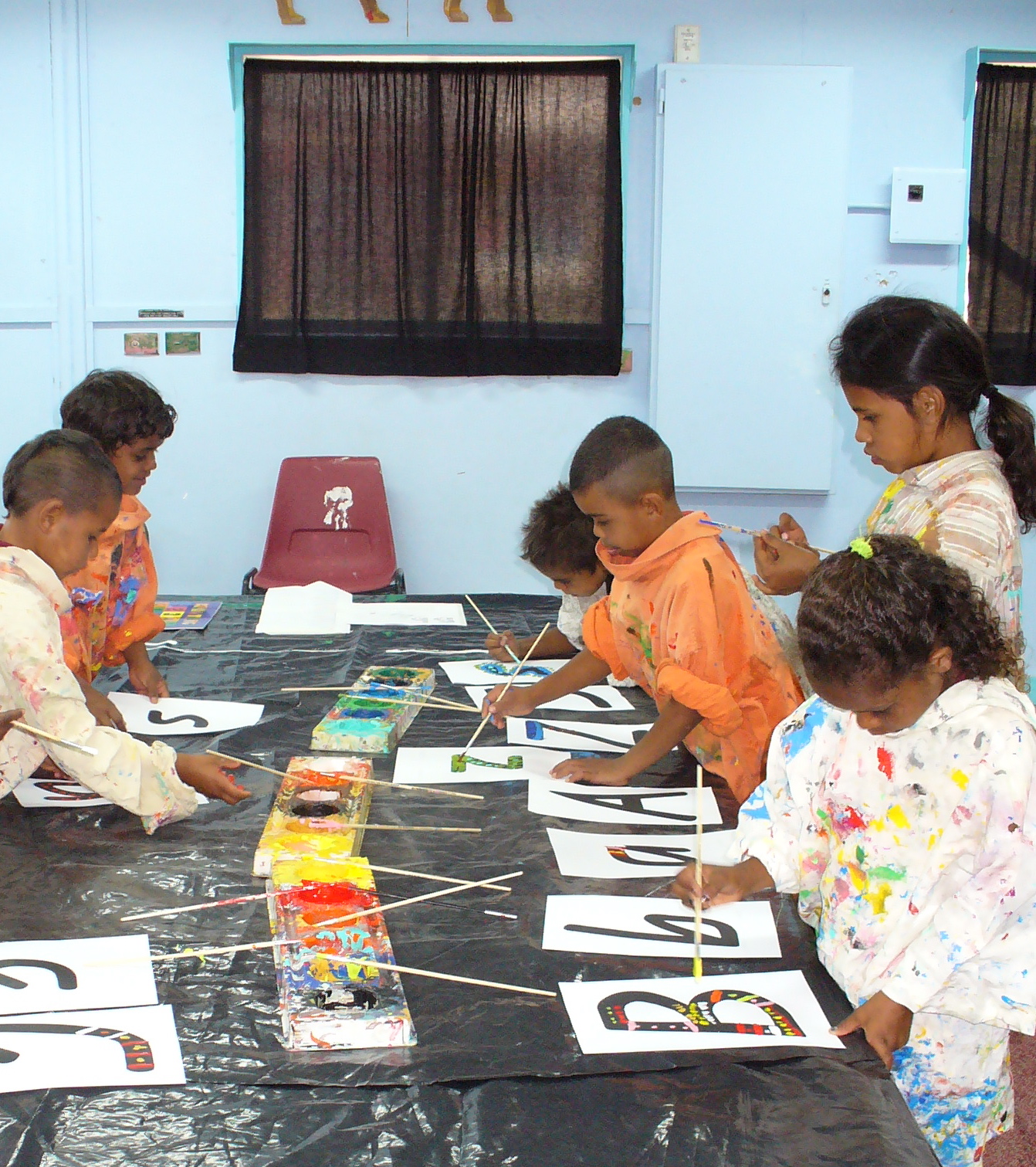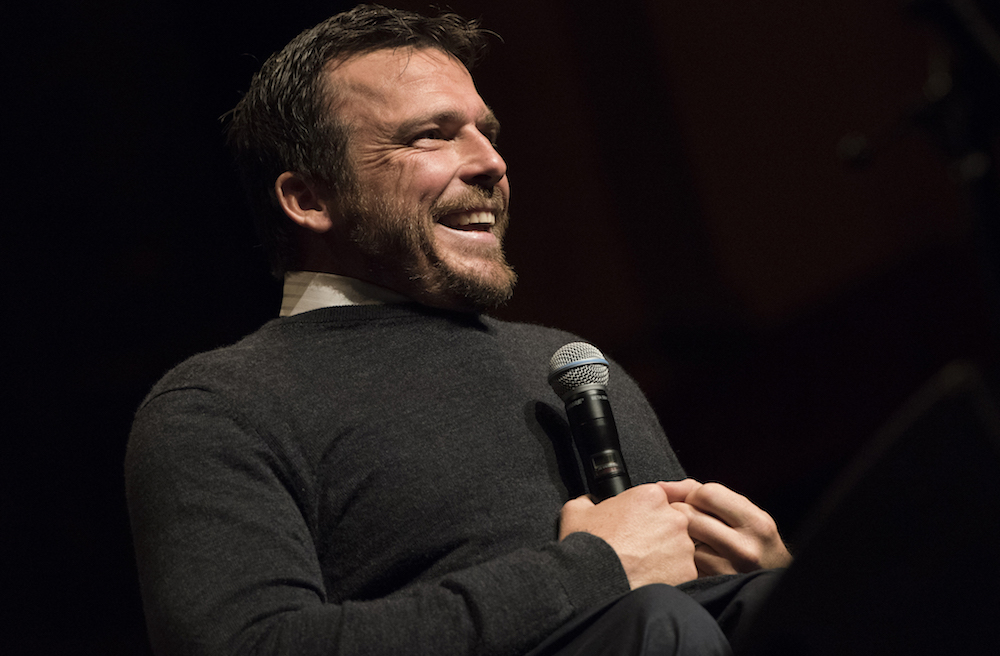Visibly sucking: real talk, real schools

Don’t have time to absorb the whole article today? Here’s the big points:
- Make everything, not just the positives, visible.
- Own your mistakes.
- Place yourself in positions where failure is possible.
- Make your intentions for staff empathy public and practical.
- Validate the very real challenges that your staff face in the classroom
There seems to be value in making things visible. Visible progress is something that Teachers have been tapping into for some time. Progress charts for the number of books read by a class across a school year abound in primary classrooms.
Visible Learning has become a practical and commercial success through taking the positive process of learning and making explicit the role of all key stakeholders in their progress visible to all.
But what if there was just as much value in making our negatives visible as there is in highlighting the positives of learning, achievement, progress and success? Well, I think there is and in this article I’d like to share a story with you in this month’s article that has a simple moral – visibly failing miserably is an untapped resource in your school.
My story is a recent one. Working in classrooms with our Real Schools Partners Schools is great fun. Not only do I get the opportunity to keep my pedagogical skills sharp and to field test new ideas, but I get to model the suggested changes practices from our PL days or perhaps even co-teach with Teachers making significant shifts.
In one such lesson, I’d arrogantly agreed to teach conflict resolution techniques after the lunch break to two classes of Year 6 students brought together in a single classroom space (yes – you’ve successfully identified the first mistake). I then proceeded to run a lesson that I’d already provided the Teachers with. The kids had heard all this before. They became restless and refused to listen.
So I paused and waited for full attention, I repeated points I’d already made. My instruction time doubled if it didn’t triple. The students didn’t complete the ensuing task, as clever and engaging as it was in its design, particularly well.
The complained, they fidgeted and they asked “How long is it til the bell?” Here I was, the great teaching expert booked by the school to impart my brilliance upon the staff of the school … dying on stage. I could feel the internal dialogue of the observing Teachers seeping into my psyche. Surely, there was a collective internal groan accompanied with something like “And this is the clown that our Principal decided to spend our budget on to help us teach better?”.
I was embarrassed. I was ashamed and I felt a little humiliated as the lesson finally drew to an awkward close at the sound of that blessed bell. The students left and I turned to the staff and mustered the only words I could muster from within the emotional fog of disappointment that I was standing in “I’m so sorry guys. That seriously didn’t go the way I wanted to. I’ve let you down a bit there.”
Smiles crept across their faces and I at least knew that I was forgiven. The first words spoken were by a Senior Teacher who said something like “Oh thank god for that. Seriously, we’ve all been wondering if you just had some kind of magic in the other lessons we’ve watched. It looked too easy. If you’d survived the arvo with those two classes in a phone box then we’d have given up completely.”
The teachers in this school had heard my advice during our Professional Learning sessions. They’d bought into the advice as best available practice and they’d agreed this was what their students needed. They’d even seen me deploy it successfully in some of their contexts.
What they needed was some validation for the genuine challenges they were facing. They needed the expert to acknowledge that what I was asking was hard, fraught and even dangerous. They needed to see that it doesn’t work perfectly, it doesn’t work first time and it doesn’t work every time.
They needed to see me fail … in front of them all. We joke now about that afternoon and what a powerful moment of learning it was for us all. Combining the bravery to do what you want others to do with the vulnerability to suck at it may just be the fuel you need to make your pedagogical ambitions a reality.
When was the last time you sucked at teaching publicly, without justifying it, and just owned that failure as your own?







